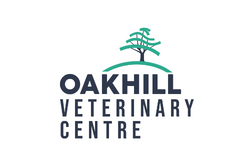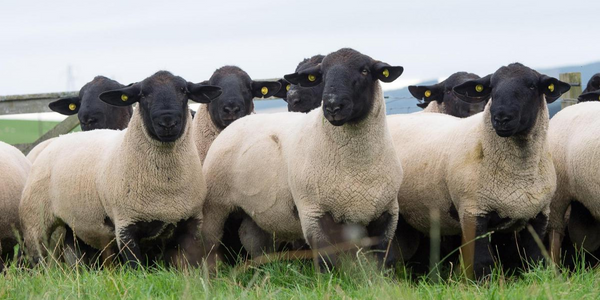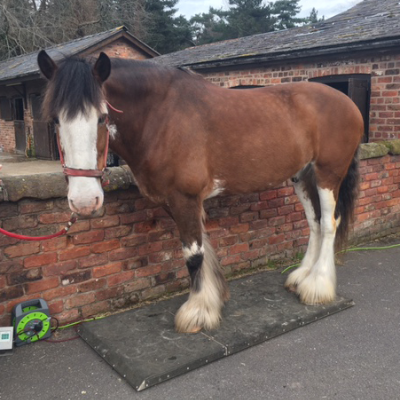Full Width Content Block
Test
Our Equine Veterinary Team
Your horse is in safe hands with our experienced equine vets, including two ECVS and RCVS Recognised Specialists
GUY HINNIGAN
Director – ECVS And RCVS Recognised Specialist In Equine SurgeryCHARLOTTE GAUL
BVSc MRCVS
PETER ACTON
Director – BVSc MRCVS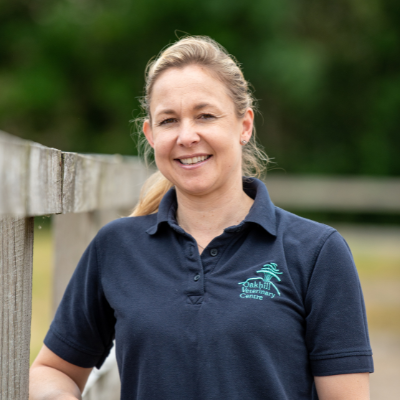
ROSIE OWEN
Clinical Director – ECVS And RCVS Recognised Specialist In Equine SurgeryARTICLES
Stay informed with our topical articles, all written by our equine vets.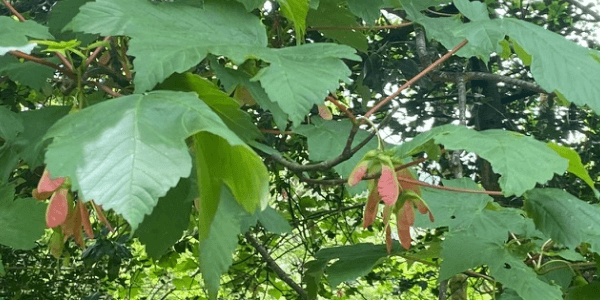
Sycamore poisoning in horses
Many of you may have noticed the characteristic helicopter seeds present on sycamore trees as of late so we thought it would be a good idea to remind you about sycamore poisoning. But what exactly do we mean by the term sycamore poisoning? Keep reading to find out more! Sycamore poisoning, also known as atypical […]
Read More
Grass Sickness in horses
Grass Sickness is a disease of horses, ponies and donkeys in which there is damage to parts of the nervous system which control involuntary functions, producing the main symptom of gut paralysis. Also known as Equine Grass Sickness (EGS) the cause is unknown but the nature of the damage to the nervous system suggests that […]
Read More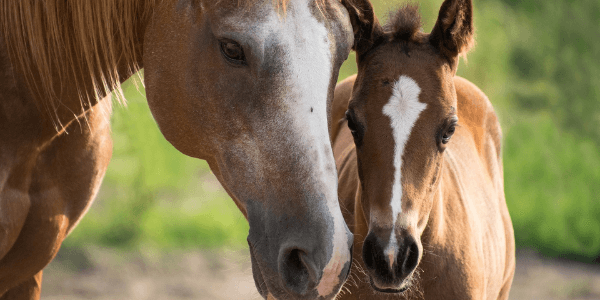
Immunity in foals
At birth, foals are immuno-naive meaning that they are born without any protective antibodies (immunoglobulins/IgG) against common ‘bugs’ in their environment. In order to gain protection, foals need to ingest a sufficient quantity of good quality colostrum (first milk containing high levels of antibodies) within the first 12 hours of life. It is during this […]
Read More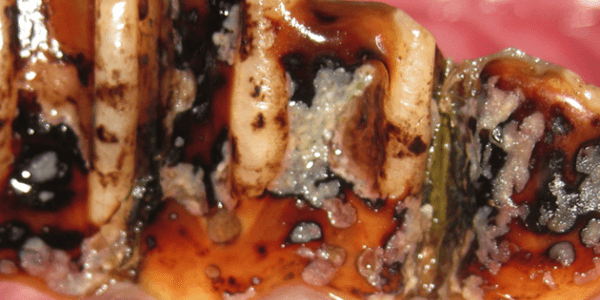
Tooth decay in horses
Similar to humans, horses’ teeth suffer from decay, referred to as ‘caries’. Horses’ upper cheek teeth have infundibulae, cup-shaped invaginations in their grinding surface that are normally filled with a hard material called cementum. Sometimes these infundibulae are incompletely filled during development, leaving a cavity for food to settle in and decay. Over time the […]
Read More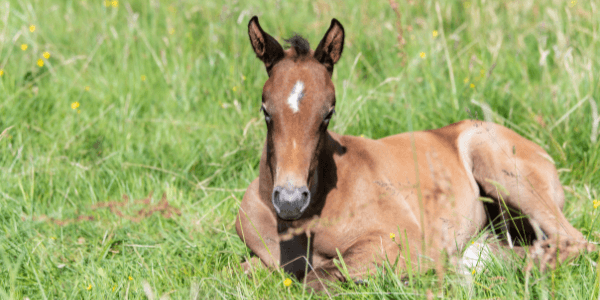
Thinking about breeding your mare?
Pre-Breeding Testing Taking your mare to stud? Depending on which stud you are going to, you may be asked to test for a variety of diseases. The most common disease is contagious equine metritis (CEM). This is a bacterial uterine infection caused by T. equigenitalis, K. pneumoniae or P. aeruginosa. Testing involves takes a swab […]
Read More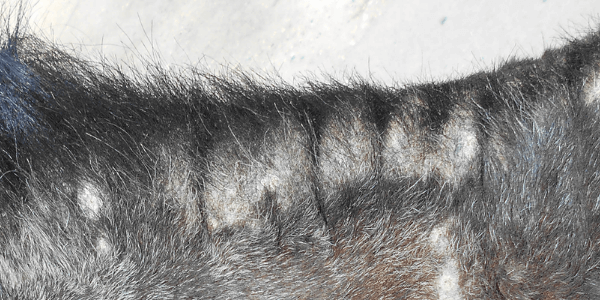
Sweet Itch
Sweet itch is a common disease of horses in summer causing them to rub their mane, tail and body. It is caused by a hypersensitive reaction to the saliva of the female Culicoides midge. Affected patients can suffer from frenzied itching of the mane, tail, head, poll and abdominal areas. This results in loss of […]
Read MoreTest FOrm
Test CTA Block
Here is the intro paragraph to the block
